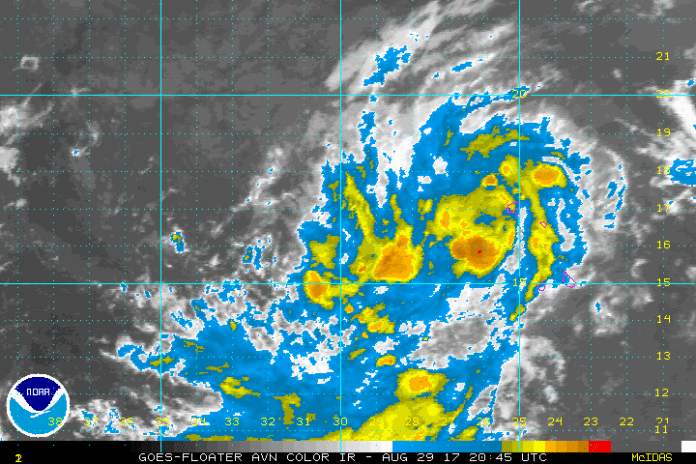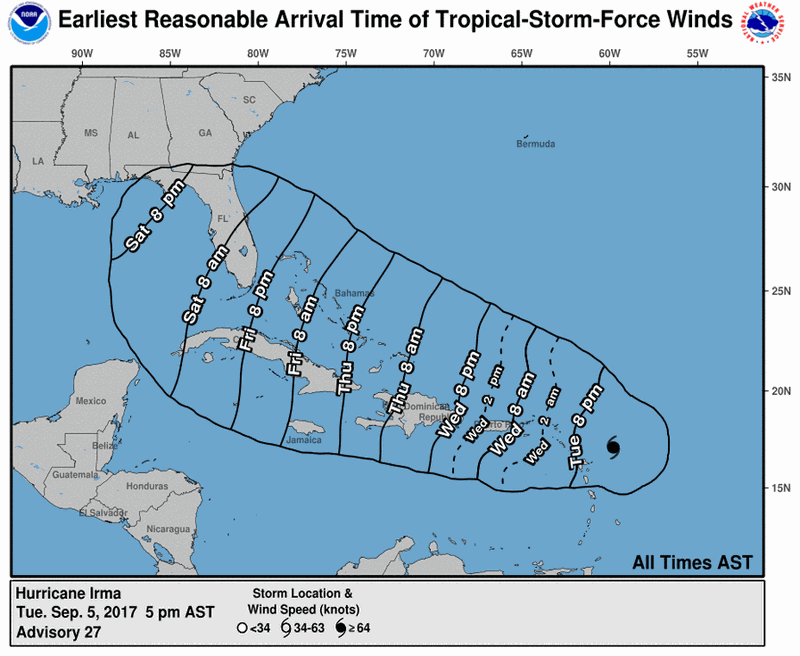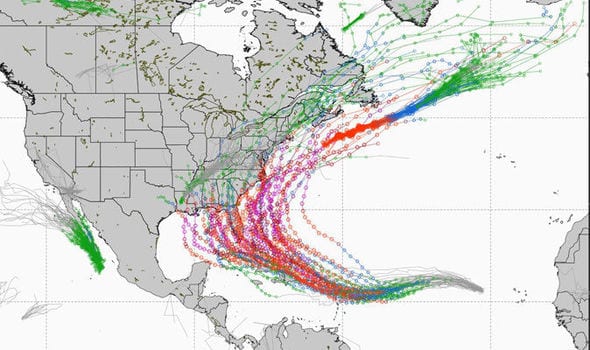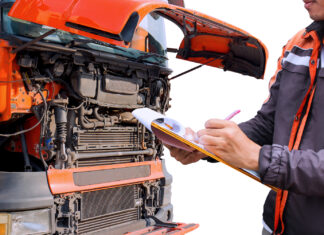Hurricane Harvey just passed, and we saw how it demolished Houston, but the continental United States is getting ready for another hurricane, called Irma. Harvey unleashed torrential rain over southeastern Texas, and the entire Houston has been heavily flooded with more than 60 people who lost their lives.
Hurricane Irma has become an “extremely dangerous” Category 5 storm this Tuesday, according to the National Hurricane Center. With maximum sustained winds of 185 miles per hour, Irma became the strongest hurricane recorded in the Atlantic basin just outside the Caribbean Sea and the Gulf of Mexico. This storm will pass over the Leeward Islands, which includes British and US Virgin Islands and it should continue westward, heading toward Puerto Rico. Later in the week, the storm is expected to reach Hispaniola, Turks, Caicos, the Bahamas, Florida, and Cuba.
You can take a look at the potentially devastating hurricane Irma in this post by the National Hurricane Center. The governors of Puerto Rico and Florida have declared states of emergency whereas the islands in the Caribbean are preparing for the upcoming storm. National Hurricane Center said that Irma would bring “life-threatening wind, storm surge, and rainfall” to the Leeward Islands. Storm surges between seven and 11 feet are expected in the parts of British and US Virgin Islands.
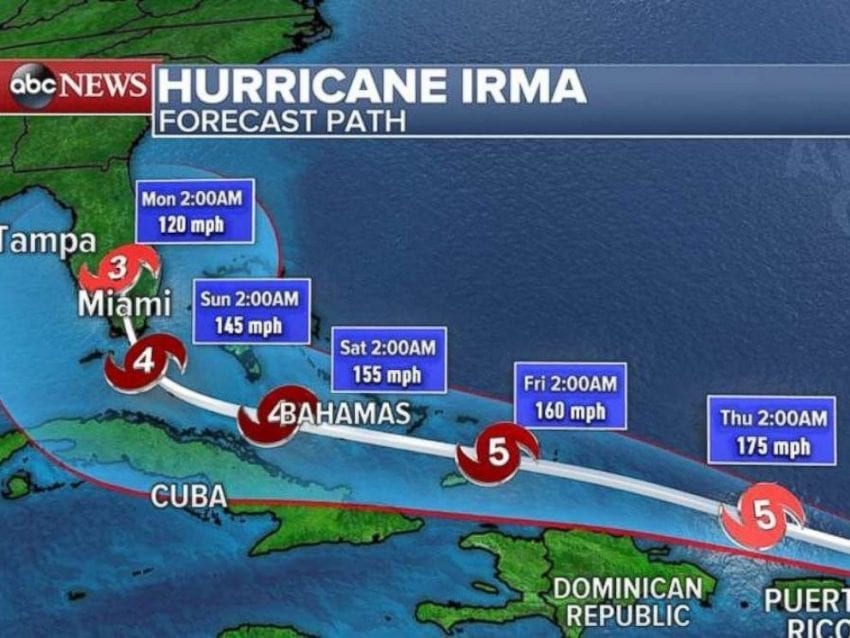
Irma was formed as a tropical wave just off the coast of Africa, which is a typical origin for storms and last week it went from a tropical storm to Category 3 hurricane in one day. It continued to feed on the warm Atlantic waters and didn’t encounter dry air nor vertical wind shear, two aspects important for slowing down storms. It is still too early to talk about the potential effects Irma will have on the United States, but the Florida governor Rick Scott said Trump “offered the full resources of the federal government” to the state.
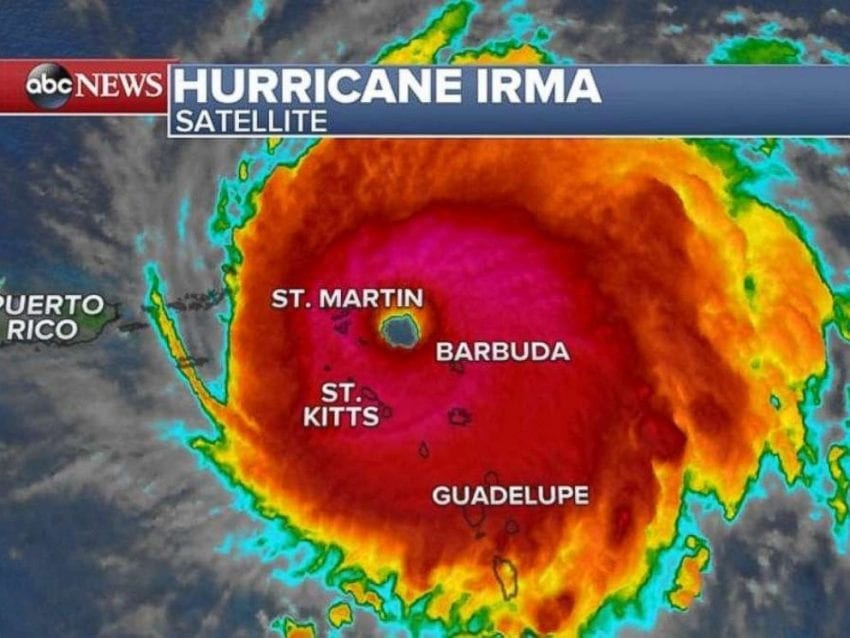
The people of Florida need to prepare for what is coming, and according to Miami Herald, the residents in the southern parts of the state spent the Labor Day weekend by clearing out store shelves of drinking water and other goods. Brian McNoldy, who is a cyclone researcher at the University of Miami’s Rosenstiel School of Marine and Atmospheric Science, said the Miami-Dade County is on “high alert.”
Category 5 #Irma with 185-mph winds- #Hurricane preparations in the NE Leeward Islands should be nearing completion https://t.co/tW4KeGdBFb pic.twitter.com/tMhL53YX5I
— NHC Atlantic Ops (@NHC_Atlantic) September 5, 2017
